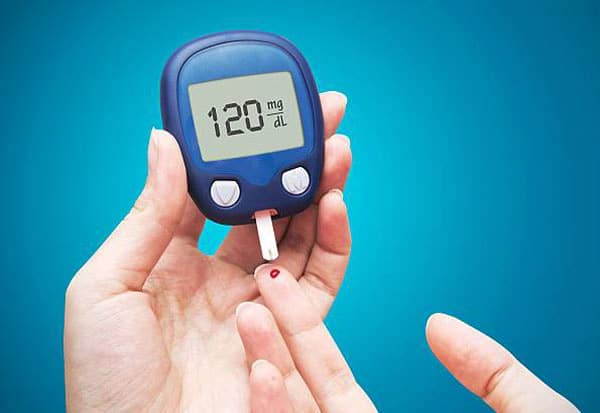/
செய்திகள்
/
Kalvimalar
/
News
/
Addressing inflammation in diabetics may treat depression, but methods may vary: Study
/
Addressing inflammation in diabetics may treat depression, but methods may vary: Study
Addressing inflammation in diabetics may treat depression, but methods may vary: Study
Addressing inflammation in diabetics may treat depression, but methods may vary: Study
UPDATED : ஆக 10, 2025 12:00 AM
ADDED : ஆக 10, 2025 10:52 PM

New Delhi: Addressing inflammation in diabetes could improve success in treating depression, but outcomes may differ between type 1 and type 2 diabetes, researchers have found.
Type 2 diabetes is a metabolic disorder marked by difficulty in managing blood sugar, while type 1 diabetes is an autoimmune condition in which the body attacks insulin-producing cells.
“People with type 2 diabetes and high inflammation levels may respond particularly well to cognitive behavioural therapy (CBT), whereas those with type 1 diabetes and high inflammation may benefit more from anti-inflammatory drugs,” said Norbert Hermanns from the Research Institute of the Diabetes Academy Mergentheim (FIDAM), Germany.
The findings, published in Diabetologia, could lead to customised treatment plans for diabetics, who are nearly twice as vulnerable to depression as the general population. Depression in diabetics can worsen treatment outcomes.
Researchers studied 521 people with type 1 or type 2 diabetes, tracking how depressive symptoms responded to behavioural therapy over a year. They measured 76 inflammatory blood markers to examine links between inflammation and depression severity.
In type 2 diabetes patients with high inflammation, CBT improved symptoms such as joylessness. In contrast, type 1 patients with high inflammation showed smaller gains, particularly in fatigue, sleep disorders, and appetite loss.
The differences may stem from distinct immune processes — autoimmune in type 1 and metabolic inflammation in type 2. Higher levels of 26 biomarkers in type 2 patients correlated with greater reductions in depression, while in type 1 patients, higher levels of 13 biomarkers were linked to smaller improvements.
The study suggests that inflammation-related pathways influencing depression treatment may differ by diabetes type.


